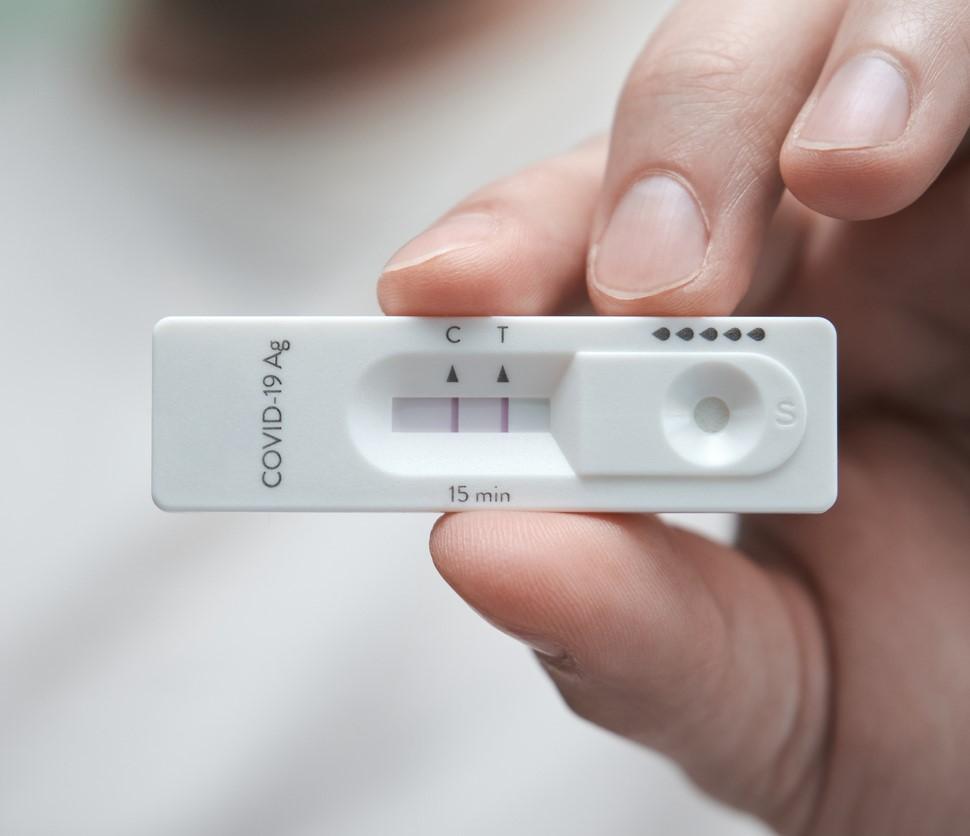A randomized clinical trial conducted in Spain found that linezolid is not an effective treatment for patients with early syphilis, researchers reported yesterday in The Lancet Infectious Diseases.
.jpg)
The multicenter non-inferiority trial aimed to investigate the efficacy of linezolid for treating early syphilis compared with the standard treatment, benzathine penicillin G (BPG), which has been hampered by drug shortages, scant randomized trial data, and the absence of a penicillin alternative for patients with penicillin allergy. Linezolid has shown activity against the bacterium that causes syphilis, Treponema pallidum, in vitro and in rabbits.
To compare the treatments, investigators recruited participants with serologic or molecular confirmation of syphilis and randomized them 1:1 to receive either oral linezolid for 5 days or a single intramuscular dose of BPG. The primary end point was treatment response (a composite end point that included clinical response, serologic response, and absence of relapse). The non-inferiority margin was –10%.
Trial terminated early
Fifty-nine patients were included in the trial, with 29 assigned to the linezolid arm and 30 to the BPG arm. In the per-protocol population, after 48 weeks of follow-up, 19 of 27 (70%) participants in the linezolid arm had responded to treatment, compared with 28 of 28 (100%) of patients in the BPG arm. The treatment difference (–29.6; 95% confidence interval [CI], –50.5 to –8.8) did not meet the non-inferiority criterion.
"Hence, the use of linezolid 600 mg per day for 5 days is not recommended to treat patients with early syphilis," the study authors wrote.
The number of drug-related adverse events was similar in both groups (17% vs 17%), with no serious events reported during follow-up. Enrollment in the trial was halted early for futility.
The authors suggest the dosing used might have been too low or the duration of the treatment might have been too short for effectively treating syphilis, and they say it's possible the efficacy of linezolid could increase with an extended regimen.
In an accompanying commentary, experts at the University of Southern California say the shortages of BPG underline the urgency of finding alternative treatment options.
















